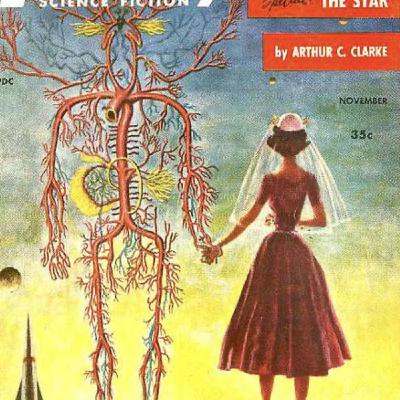Discover The John Batchelor Show
The John Batchelor Show 50: PREVIEW. Weightlessness Effects on Human Vision and Mars Travel Implications. Bob Zimmerman discusses a NASA study regarding the profound effect of weightlessness on the human eye. The study, looking at 28 individuals from long ISS missions, found about h
50: PREVIEW. Weightlessness Effects on Human Vision and Mars Travel Implications. Bob Zimmerman discusses a NASA study regarding the profound effect of weightlessness on the human eye. The study, looking at 28 individuals from long ISS missions, found about h

50: PREVIEW. Weightlessness Effects on Human Vision and Mars Travel Implications. Bob Zimmerman discusses a NASA study regarding the profound effect of weightlessness on the human eye. The study, looking at 28 individuals from long ISS missions, found about h
Update: 2025-11-05
Share
Description
PREVIEW. Weightlessness Effects on Human Vision and Mars Travel Implications. Bob Zimmerman discusses a NASA study regarding the profound effect of weightlessness on the human eye. The study, looking at 28 individuals from long ISS missions, found about half had vision problems because the eye flattens in weightlessness. Though previous studies noted bone and cardiovascular issues, this new discovery found that women had less of this specific problem than men. Mitigating these effects is required for Mars travel.
Retry
Comments
In Channel
 United States
United States00:00
00:00
x
0.5x
0.8x
1.0x
1.25x
1.5x
2.0x
3.0x
Sleep Timer
Off
End of Episode
5 Minutes
10 Minutes
15 Minutes
30 Minutes
45 Minutes
60 Minutes
120 Minutes






















